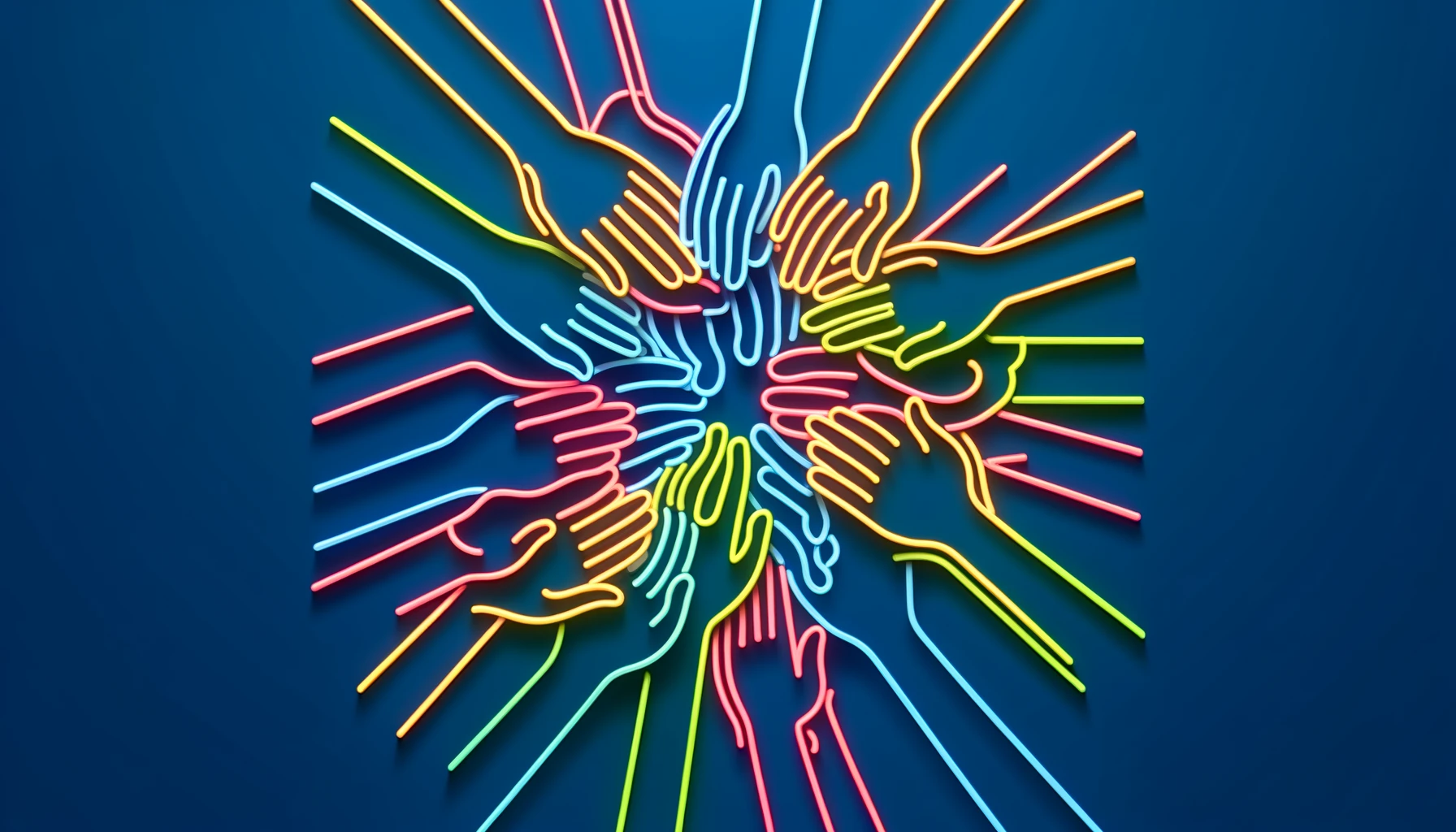
Rune Christensen was referred to as out for including USDe as collateral for MakerDAO.
Think about a world the place the co-founder of one of many largest decentralized autonomous organizations says it’s truly not that nice to have neighborhood members take part within the governance of stated DAO.
Think about not.
MakerDAO founder Rune Christensen stated, “having ‘rando’s’ making choices,” is as unpredictable as having a centralized group management governance. He added that, “it’s not vital who or how a call is made,” however “what resolution is made.”
Christensen made the assertion in an X House hosted by Ethena Labs, responding to Marc Zeller, founding father of the Aavechan Initiative. Zeller had confronted Christensen by saying, “there’s no dialogue anymore,” referring to MakerDAO governance.
Zeller stated it is regarding that the higher echelons of the DAO are making all the selections, which in flip, “make it laborious to foretell.”
Christensen didn’t instantly reply to a request for remark from The Defiant.
Christensen, Zeller and others had been on a panel discussing MakerDAO’s resolution so as to add Ethena’s USDe as collateral for DAI. The transfer pushed Zeller to suggest that Aave ought to drop DAI as collateral on its lending protocol –after dialogue, the Aave neighborhood determined to scale back however not get rid of DAI collateral.
Nostra Finance additionally introduced on April 2 it will be suspending new DAI lending on its platform, citing issues that MakerDAO is taking up extreme threat with USDe.
Ethena’s USDe maintains its $1 peg by holding staked ETH issued by Lido, and taking brief positions to hedge in opposition to the volatility of that stETH. It passes on the yield of stETH and brief positions on to holders and makes use of centralized custodians and centralized exchanges for its operation.
What’s a DAO For Then?
Christensen’s feedback open the doorways for questions, contemplating the character of DAOs.
A DAO is a decentralized autonomous group ruled by token holders, whose weight in governance choices often corresponds to what number of DAO tokens they’ve.
It permits a distributed group of individuals to coordinate and, ideally, attain choices guided by neighborhood consensus in a clear means.
But when solely a small subset of individuals make choices internally, in the identical means a standard company does –which is what Zeller alleges is occurring in MakerDAO– then what’s a DAO for?
Later within the dialogue, Christensen stated that MakerDAO must make “daring strikes” with the intention to make the group rather more efficient.
From Christensen’s current assertion, evidently a few of the unique DAO idealism may be compromised to succeed in that effectivity.
